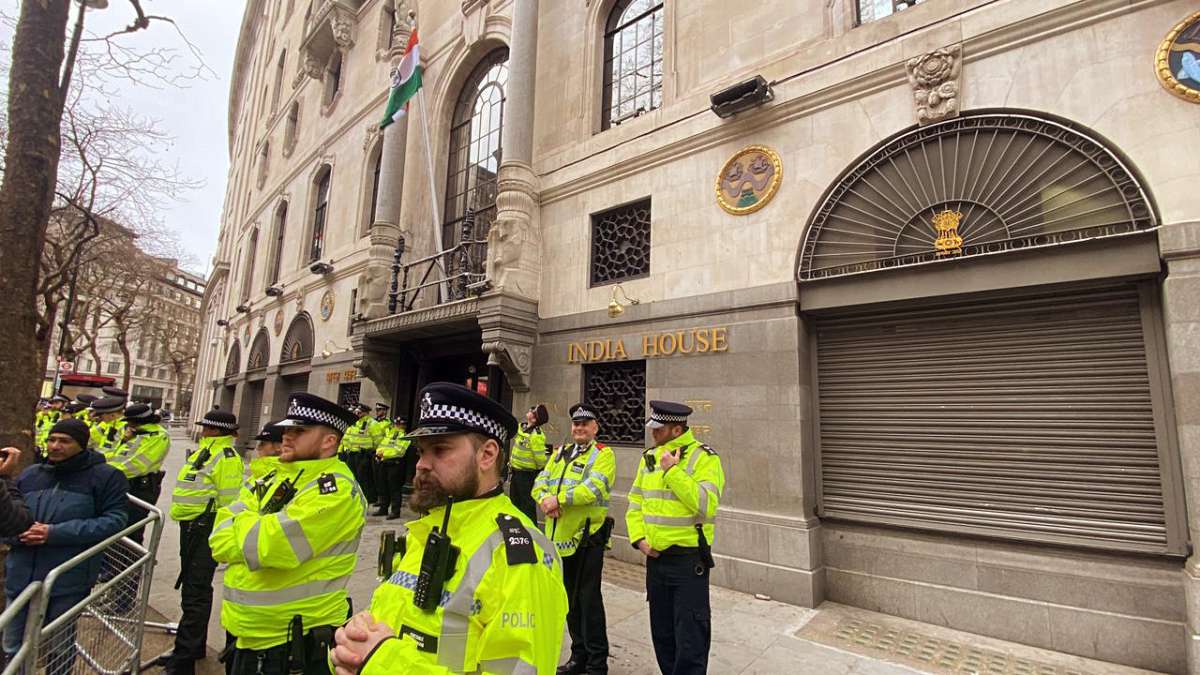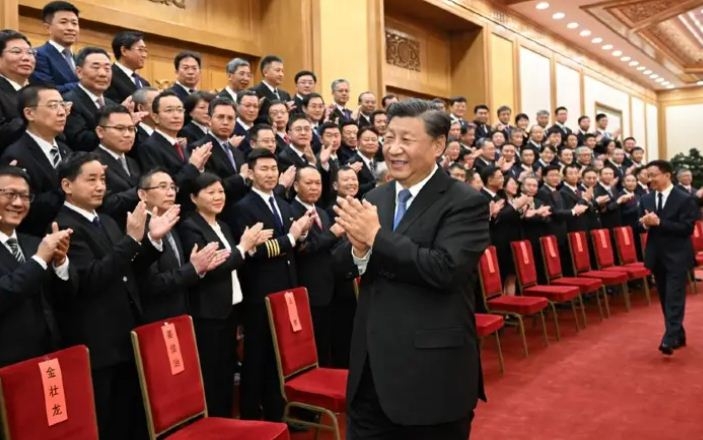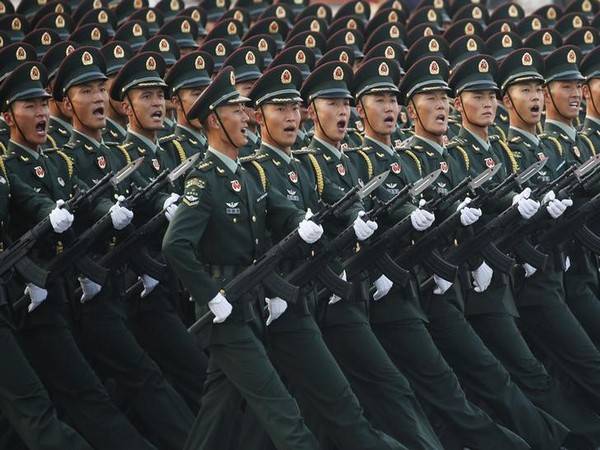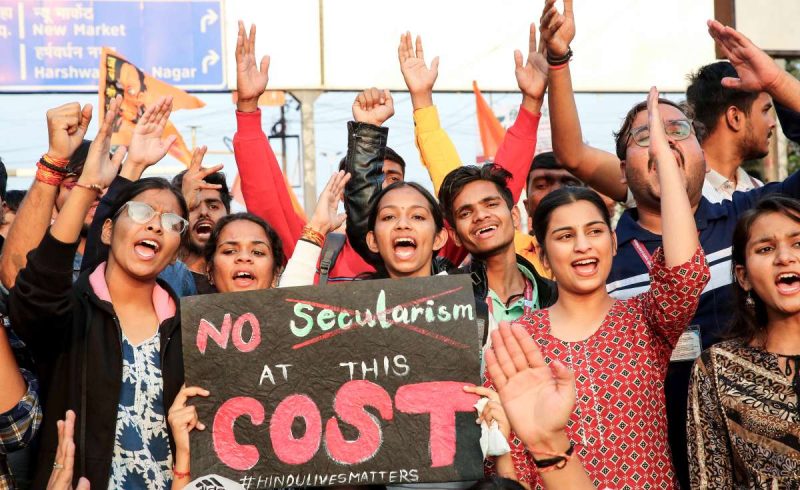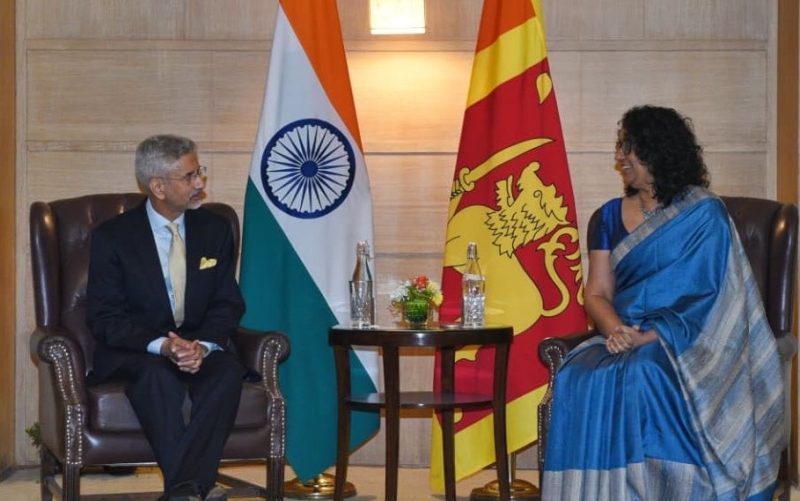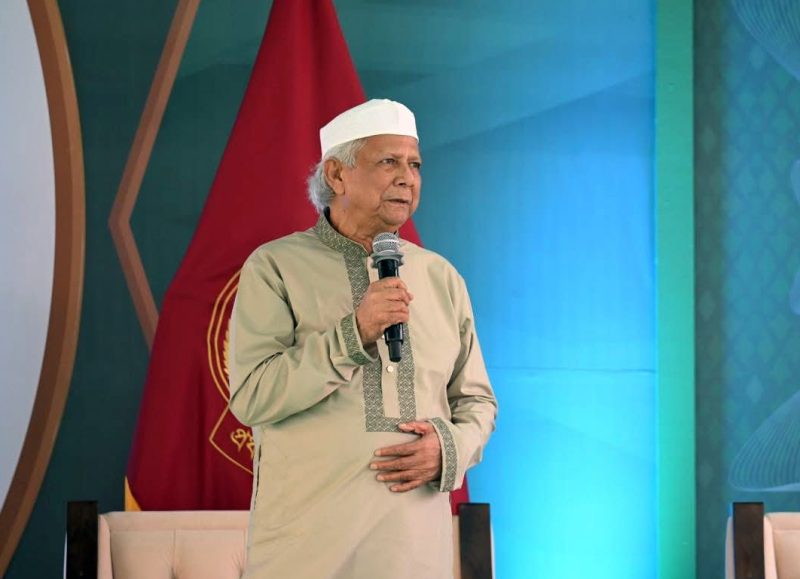Australia, Canada, the UK, and the US have witnessed turbulent protests orchestrated by pro-Khalistani extremists. The tricolour flying atop the Indian High Commission was grabbed at by protesters chanting pro-Khalistan slogans. India has consistently cautioned the UK about the detrimental impact of such elements on bilateral relations. Hence, the imperative lies with the UK’s police and judicial system to take decisive action against these extremists and safeguard the atmosphere of mutual ties
In March 2023, the tricolour flying atop the Indian High Commission was grabbed at by protesters chanting pro-Khalistan slogans. Following the incident on 19 March, India registered its’ strong protest with the British government over the safety of its diplomatic mission and questioned the lack of sufficient security at the premises.
Subsequently, such activism by pro-Khalistani extremists was witnessed in Australia, Canada and the US. Notably, India has been consistently warning the UK that such elements vitiate the atmosphere of bilateral ties and thus there was a need for the UK’s police and judicial system to take action against such extremists. Now an independent report on the UK’s handling of religious extremists has suggested that the “Government should clearly define and investigate extremist activity and identify where this exists within the Sikh community, taking steps to develop a more nuanced and comprehensive understanding of subversive and sectarian Sikh extremist activity”.
The report, authored by Colin Bloom, an independent faith engagement adviser and appointed by former Prime Minister Boris Johnson in 2019, has recently been made public. Coming as it does in the wake of the series of attacks on the Indian High Commission, by pro-Khalistani extremists, the report’s conclusion that the “UK Government should ensure that unacceptable and extremist behaviours are not inadvertently legitimised by government or parliamentary engagement” is a suggestion that needs to be seriously taken by the PM Rishi Sunak government.
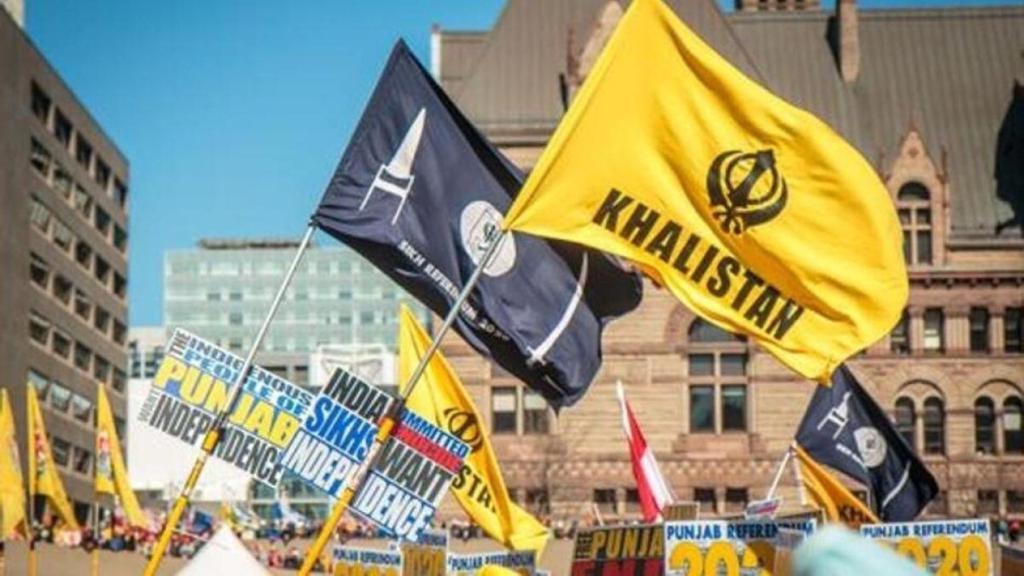
The Bloom Report says that a “small, extremely vocal and aggressive minority of British Sikhs who can be described as pro-Khalistan extremists” is promoting an “ethno-nationalist agenda”, and some extremists are “known to support and incite violence and intimidation in their ambition to establish an independent state called Khalistan.”
It adds that the “subversive, sectarian and discriminatory activities” of such elements don’t reflect the true nature of the majority of British Sikhs, and the “extremist fringe ideology within the pro-Khalistan movement” has led to a division within British Sikh communities. This is relevant as the UK government has seemingly turned a blind eye to the attacks on the Indian High Commission in London.
The findings of the report come at a time when the government of India flagged the activities of Britain-based pro-Khalistan elements to London, especially after violent protests outside the Indian High Commission following the launch of a crackdown in Punjab on radical preacher Amritpal Singh and his followers. The report also points out that certain groups and elements are inciting the separatist agenda in the UK and further stresses on the timeliness of addressing the issue. According to the report, the Sikh communities in the United Kingdom endure compulsion and intimidation from fringe Khalistani forces. These pro-Khalistan groups artificially exaggerate their importance and garner excessive attention by lobbying political entities under the cover of human rights activism.
By way of background it is pertinent to mention that there are approximately 250 gurdwaras in the UK, with the largest able to accommodate over 3,000 worshippers. The earliest gurdwara, Khalsa Jatha, was opened in 1908 in Holland Park, London. In the UK, there is no overarching Sikh hierarchy governing these structures, but there are bodies based in India which have significant influence, the Akaal Takhat and the Shiromani Gurdwara Prabandhak Committee, based in Amritsar in the Golden Temple complex being the primary organisations. Along with the Jathedar of Akaal Takhat (the most senior Sikh spiritual leader), the Shiromani Gurdwara Prabandhak Committee (SGPC) acts as the main spiritual and doctrinal centre for the Sikh faith globally and is the custodian of the Sikh Rehat Maryada (code of conduct). While the SGPC cannot compel any British Sikh charity or gurdwara to do anything, the Akaal Takhat can issue edicts (Hukamnama) and advice notes (Sandesh) which have incredible influence across the organised gurdwara community and can ex[1]communicate Sikhs from the religious community.
One of the respondents to the Bloom Review points to the nub of the matter when he states, “Propagating hate and divisions, trying to brainwash youth to cause divisions and hate in India, [is] really sad. [Some Sikh extremist groups] are using places of worship to fund or getting funds under the name of faith and spearheading hate, these types of organisations shouldn’t be allowed to operate in our great country.”
Another respondent notes that “Only minority Sikhs are causing divisions and hate, [the] majority are peace-loving but these minorities are controlling the leading Sikhs temples in England and using funds raised for worship for propagating Khalistan (breaking up of India) and openly do that on social media. All are allowed to express their views and raise concerns of any injustice in India but spreading hate and brainwashing Sikh youth is [a] matter of serious concerns and many Sikh Temples are allowing [organisations to] have youth camps where some are trying to recruit youth to follow their hate, terror and division agenda.”
One could agree with the assertion of funds being collected in the name of the Sikh religion and which finds its way into the channels used to spread hate and incite violence. This “small, extremely vocal and aggressive minority of British Sikhs who can be described as pro-Khalistan extremists”, have been known to support and incite violence and intimidation in their ambition to establish an independent state called Khalistan, states the Bloom Report, adding that the physical borders of which are largely shared with specific parts of the Punjab state in India. Interestingly, this territorial claim does not include the part of the Punjab located in Pakistan. This makes it clear that one of the main controllers of Sikh extremism sits in Pakistan. It is not entirely clear if the motivation for these extremists is faith-based or not.
A more recent phenomenon observed is the use of social media by Sikh extremists and their supporters, which contain alarmingly dangerous and offensive imagery, language and the glorification of extremist behaviour. There are videos that incite violence and hatred towards Muslims, Hindus and even other Sikhs who disagree with the minority extremist ideology. For example, in February 2021, Khalsa Television Ltd, which served Sikh communities in the UK, was fined £50,000 by Ofcom (the UK’s Communications Regulator) for failing to comply with broadcasting rules. The channel aired a music video that indirectly called for violence (including murder) and a discussion programme which provided a platform for views that amounted to indirect calls to action that were likely to encourage or incite crime or lead to disorder.
The discussion programme also included a reference to the proscribed terrorist organisation Babbar Khalsa, which could be taken as legitimising and normalising its aims and actions in the eyes of viewers. In 2022, Ofcom suspended and eventually revoked Khalsa Television Ltd’s broadcasting license following multiple breaches of broadcasting rules: “This was the third time within four years that this licensee had been found in breach of our rules on incitement to crime due to programmes inciting violence.” This involved promoting violence, including murder, as an acceptable and necessary form of action to further the pro-Khalistan cause.
The issue of pro-Khalistani elements operating from the UK’s soil continues to be an irritant in bilateral relations. The earlier this is resolved the better it will be; this however is subject to the UK taking action against such elements including deportation and cancelling of visas. The old practice of turning a blind eye to the Sikh extremist fringe in the UK must be overturned. The significance of the Bloom Report is that it recognises the threat and provides guidance on how to move forward. However, a word of caution here. Past experience is that India has consistently provided legally sound inputs to UK authorities on the activities of pro-Khalistani elements. It is for the UK to not only to act on these inputs but also pro-actively attempt to prevent such elements from raising their head. Thus, unless preventive measures are taken, the problem of pro-Khalistani elements playing to the gallery will not go away. That is the primary lesson to be learnt from the Bloom Report.


